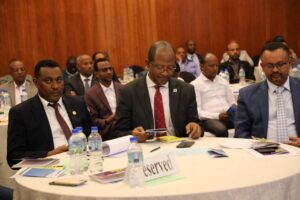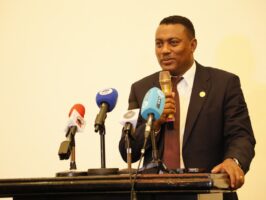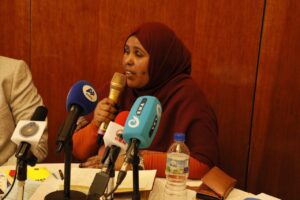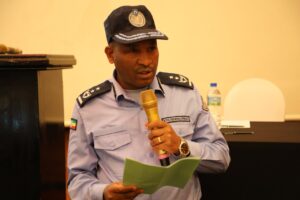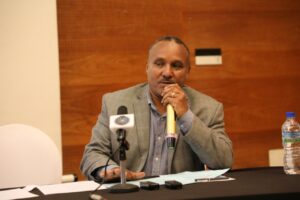Building blocks for the formation of a national Independent Advisory Group for successful police reform in Ethiopia
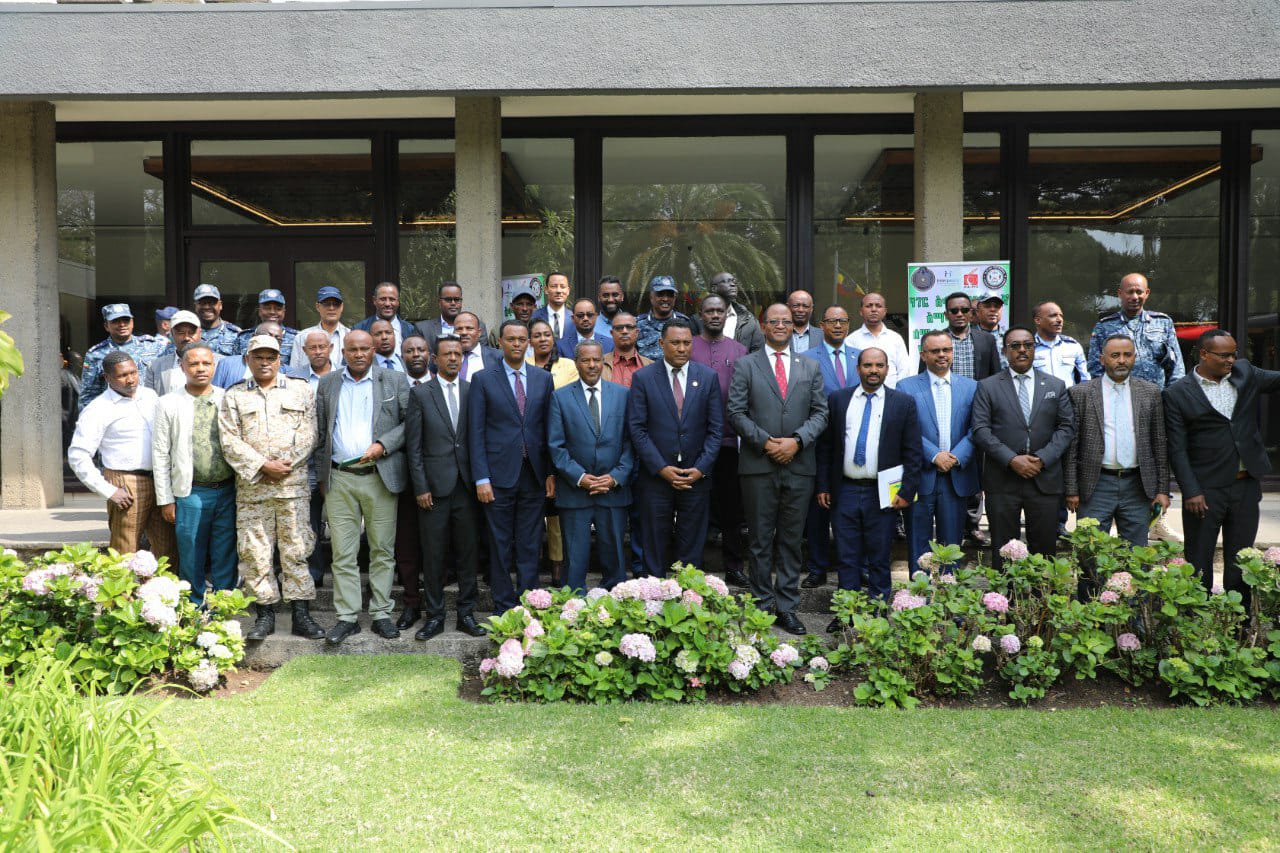
Transforming the police service is the ultimate goal of the Ethiopian Police Doctrine. Established under the Ministry of Peace, the doctrine is founded on the principles of democratization, demilitarisation, decentralisation, and depoliticisation. Through the four pillars, the doctrine aims to establish service-oriented police institutions where police officers are devoted to upholding the public’s trust and protecting the rights enshrined in the constitution.
For successful implementation of community policing programmes across the country, the police doctrine noted that creating Independent Advisory Groups (IAGs) at various levels was vital. Accordingly, all regional states, except Tigray and the Southwest, established IAGs ranging from Ketena to region-level. However, the formation of a national IAG has been slow to materialize due to various challenges encountered in bringing together all stakeholders.
In order to facilitate the establishment of the national IAG as part of the trustbuilding project between the police and communities in Ethiopia, supported by the Kingdom of the Netherlands, Interpeace held a joint workshop with the Justice for All-Prison Fellowship in Ethiopia. This workshop brought together the Speaker of the House of People’s Representatives of the Federal Democratic Republic of Ethiopia, federal and regional police commissioners, IAG members at regional levels, and religious and community leaders. The workshop provided a platform for sharing learnings and empirical evidence, shedding light on the performance, opportunities, and challenges IAGs face at different levels.
In the past, Ethiopia’s regional and federal security architecture was marred by political interference. Despite the country’s constitution protecting the police from any form of political intrusions, police departments were organised in a way that allowed interference from the political elite. However, following major political changes in the country through the police doctrine programme, the government pledged to reform the security sector, including the police. More specifically, the doctrine explicitly outlined the indispensable role of IAGs in freeing the police from political interference. Furthermore, the IAG structure is also mandated to promote the active engagement of citizens in implementing community policing programmes at various levels.
Sharing knowledge of a similar IAG programme currently underway in the Somali Regional State, Ahmed Sultan, a religious leader and member of the IAG, noted that the lack of sufficient funding and support for a national IAG hinders the promotion of interregional cooperation across regional borders. He strongly believes that the establishment of a national IAG will help regional IAGs become more effective.
"The IAG structure is playing a critical role in encouraging citizens' active participation in ensuring regional peace and stability. As you all know, the Somali region is vulnerable to various internal and external security threats, and hence it is impossible for the police to handle all these threats. As a result, the IAG structure is collaborating closely with the police and other structures such as the Neighbourhood Watch Program (NWP) to promote peace in the region," Sultan emphasised.
IAGs are known to provide the valuable role of "critical friend" to the police service as a forum where independent advisors come together to look for solutions for common problems within the community. Amid political interference from the political elite, and hence mistrust by the public, police reforms through the IAGs could best provide the much-needed trust between communities and the police. The establishment of IAG at the national level is likely to have a positive outcome by facilitating communication among police departments across the country.
The workshop ended with the establishment and appointment of representatives to the IAG at the national level, a move that Interpeace will continue to support in a bid to democratise the police service in Ethiopia.
*Names have been changed to protect the subjects' identities.
